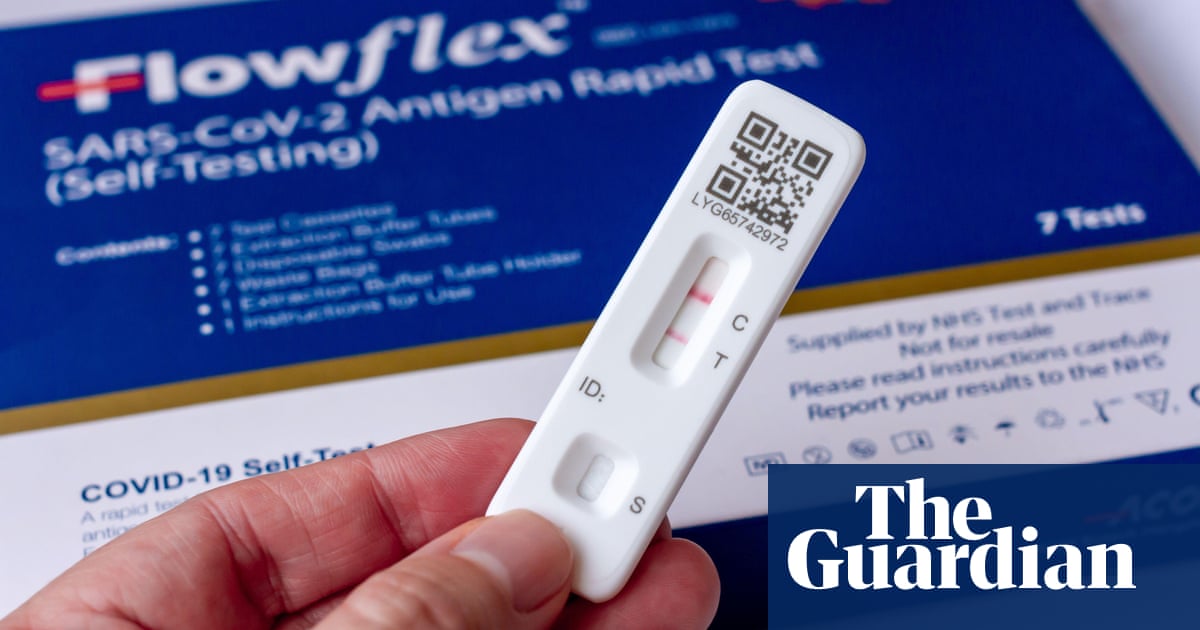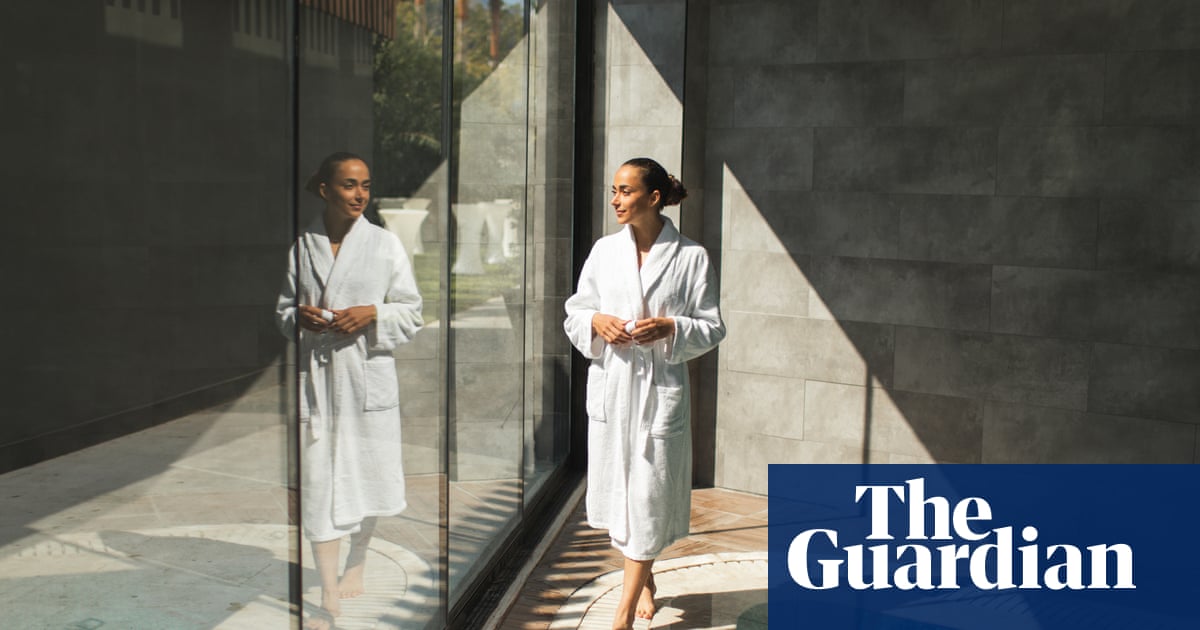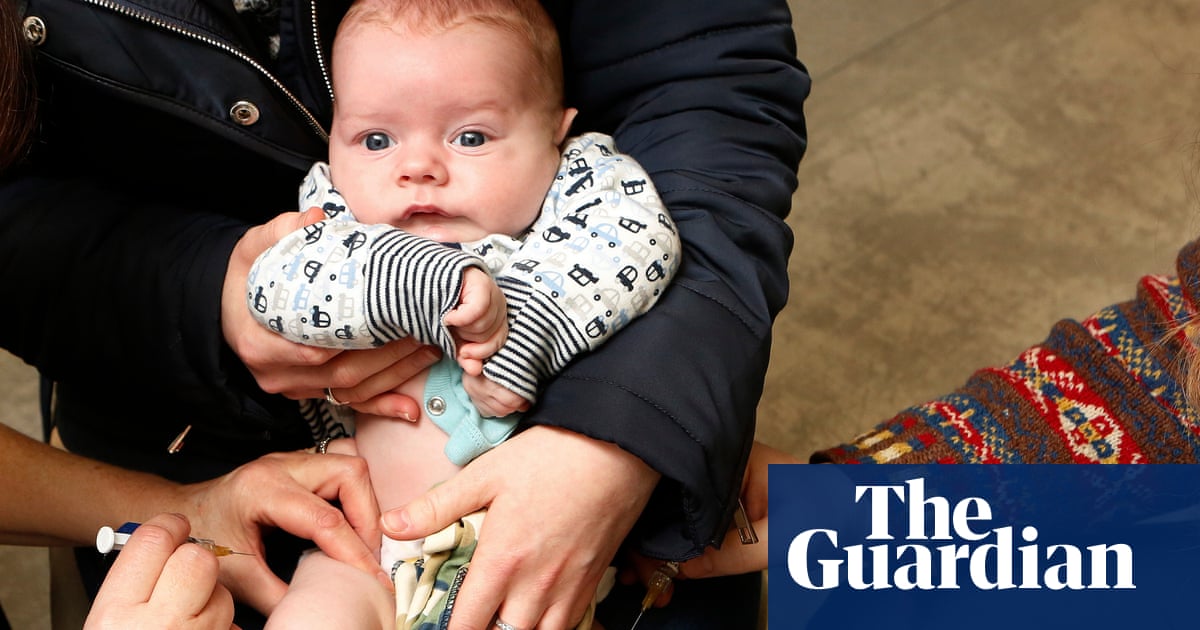
A year ago the Hut Group was celebrating a £5.4bn stock market flotation, with its musclebound boss Matt Moulding banking an £830m share bonus.
This week the Manchester-based group, which owns the online retail sites Lookfantastic, Glossybox, Zavvi and Coggles, as well as beauty brands including ESPA and Illamasqua, and the sports nutrition brand Myprotein, is back in the headlines for the wrong reasons.
Shares in the loss-making group, now known as THG, have tanked as investors begin to question its governance, profitability and the basis of its hefty valuation, touted by eight banks that led the flotation including Goldman Sachs and JP Morgan Cazenove. On Tuesday its shares crashed 35% after a botched investor update, and on Friday they ended at 289.4p to value THG at £3.5bn.
Where did it start?
Founded in 2004 with £500,000 in savings by the former Phones4u executives Matt Moulding and John Gallemore to sell CDs online, the Hut Group expanded rapidly by exploiting a now closed tax loophole that allowed companies to avoid VAT on small goods including CDs and DVDs by posting them to the UK from the Channel Islands.
When that business avenue shut down, the group expanded by buying up numerous online brands including the entertainment retailer Zavvi and Lookfantastic. The acquisitions have now focused into three main areas: beauty, sports nutrition and online services.
How does it make money?
Right now, it doesn’t. THG generated £1.6bn turnover in the year to the end of March but made a pre-tax loss of £534.6m.
THG’s biggest business sector is online beauty retail through Lookfantastic which has been supplemented by the £275m acquisition of Cult Beauty and $350m buyout of the US group Dermstore last year. The division brought in 48% of total group revenues in the first half of the year, or £460.8m. While we know sales rose by 56%, the company does not give details on divisional profits.
The Nutrition division, led by MyProtein, achieved revenues of £328.4m, just over a third of the group’s total in the first half, up 27.3% on the same period a year before.
With little detail about the profitability of THG’s divisions, which are being constantly added to through acquisitions, analysts have begun to express concern about underlying profits growth. Some have raised concerns about the amount of items excluded from underlying profits over the years, with exceptional items – for costs such as commissioning new warehouses – amounting to hundreds of millions of pounds last year.
What are its plans for the future?
The group’s latest angle is to become the Ocado of non-food, providing logistics and technology to help major companies around the world sell online without having to build their own systems.
Key to these ambitions is Ingenuity, its online services division, which nevertheless brought in just £85.8m of revenues in the first half, or about 9% of the group’s total.
A few months before its London listing, THG secured $730m of new investment from a division of the Japanese conglomerate SoftBank to help fund expansion of its technology platform.
The deal included an option to invest £900m within 15 months to take a near 20% stake in Ingenuity, a deal that would put a £4.5bn valuation on this division alone – more than the entire business is currently worth.
Ingenuity has largely been built up via a string of acquisitions since 2017 including the content creation group Hangar7 and the web hosting group UK2, the translation service Language Connect, and Acheson & Acheson, which develops and produces beauty products.
Interest has focused on Ingenuity Commerce, a division that provides online retail services, from web hosting all the way to delivery, to brands such as Homebase, Unilever and Danone. There was particular excitement around the signing of international group Nestlé as the group said it had more than doubled its number of clients to 140 this year.
Yet Ingenuity Commerce achieved net revenues of just £18.3m in the six months to the end of June, or just over 1% of THG’s total turnover.
Scant detail about signings of new partners for this division or progress with major clients such as Nestlé has sparked a concern that SoftBank may be unlikely to take up its rather expensive investment option, pulling the rug away from market valuations for the company reliant on that deal. Meanwhile, analysts have begun to question whether supplying e-commerce for Toblerone or Vimto can really pull in big bucks.
Where does Moulding fit in?
Moulding has continued as joint chair and chief executive of the company, and retains a “founder’s share” which gives him ultimate control for three years.
Hes seen as the head of a cosy club including his former Phones4U colleagues Gallemore, who is now finance director and the boss of Ingenuity, and Darren Rajanah, who also has a senior role in that division. Rajanah, THG’s former finance director, returned to the company after being put on gardening leave after a fraud was uncovered in 2011 by the auditor PwC.
A judge later said Rajanah was not “personally fraudulent” but “had to take some responsibility for an atmosphere within the finance department which allowed fraud to flourish”.
Given his 22% shareholding and tight control over management of the business, there have been questions over Moulding’s personal dealings with the company, not least the property empire he gained just before the flotation last year.
Moulding gave up about £76m of his historic shareholding to help fund the acquisition of a string of properties from the group including key distribution centres and offices, as well as two hotels and a spa. He now charges the group £19m a year in rent, all of which goes to charity.












